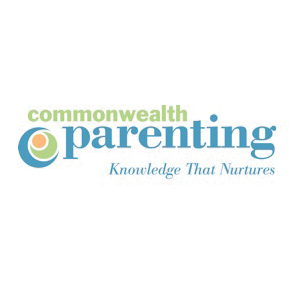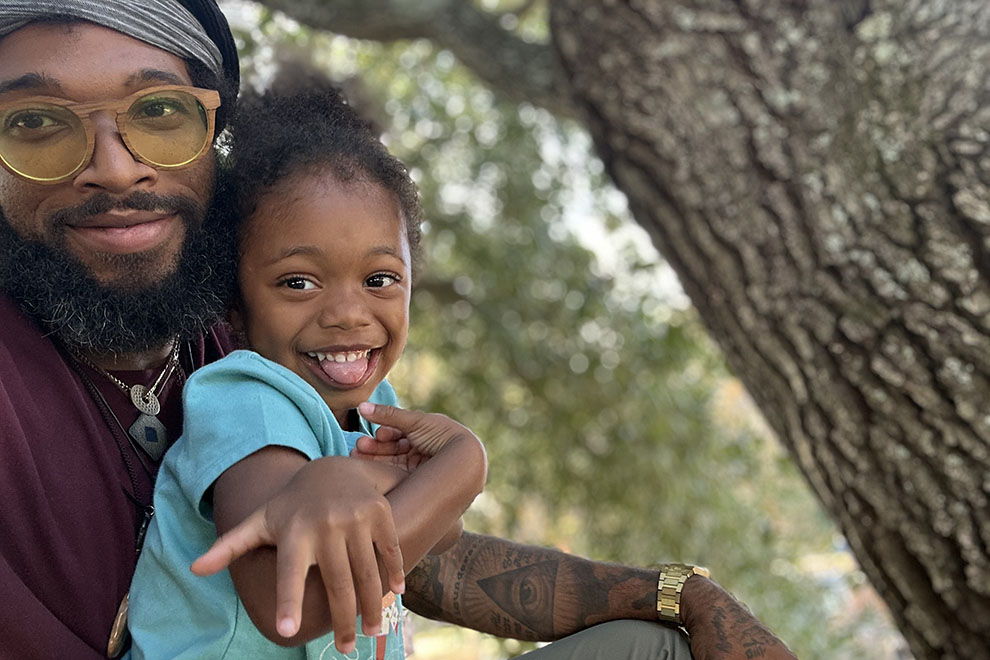Q. My son, age 5, asked a ton of questions about the missing plane in the news for the last month. I think he is feeling anxious and I am not sure how to help him. Any thoughts?
A. There is a short and a long answer to your question. Let’s look at both. Young children, those under the age of 8 or 9, really are served best by little or no exposure to these kinds of news stories. That means, turn off the television and news radio when the kids are around. Young children personalize everything and if they hear a scary story, they may feel threatened. Of course, this avoidance approach is easier said than done. Children hear adult conversation everywhere and often act out what they hear in play, so your child may pick up information at the grocery store, at school, or on the playground from other children.
The long answer would be to offer an honest, realistic offer of assurance when you can. For instance with the story of the tragic mud slide in Washington, assure your child that you live in a very safe area where this natural catastrophe in particular cannot happen. Putting events into perspective can also be useful. If there’s a fear of flying or anxiety about a loved one flying, you could do the following: Open a bag of white rice and distribute it on a tray. Add one small black bean to the tray and explain that the grains of rice represent all the planes that fly safely all over the world and the bean represents the chance of a crash. Because young children are visual learners, this approach allows them to process information in a way they can comprehend.
Q. My child’s middle school requires community service to graduate. While this seems like a nice idea, it really puts a lot of pressure on busy families. How do you feel about requiring students to perform community service?
A. I am a big believer in community service for everyone, but I am afraid we have lost the spirit behind the intention and it has become just one more thing for kids – and by extension, their parents – to check off the to-do list. There are many reasons why community service and volunteer work is integral to character development, but I am reminded of a body of research that offers a good justification for it. When people who report high levels of wellbeing and happiness respond to a questionnaire about lifestyle, it is found time and time again that these individuals report a strong sense of gratitude in their lives. When we engage in meaningful work in the community, we gain a sense of worth. It’s important to realize that we have something to offer others that might impact their lives in a positive way and we experience a sense of gratitude for our good fortune.
By the way, it helps if parents walk the walk by taking part in service themselves. There is nothing middle school age children dislike more than hypocrisy. My best advice is to live your values and model the behavior you want to see in your kids.





